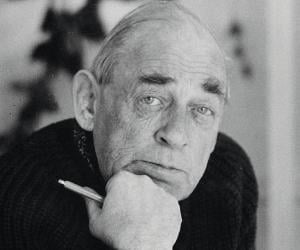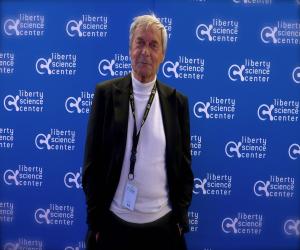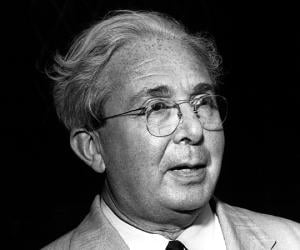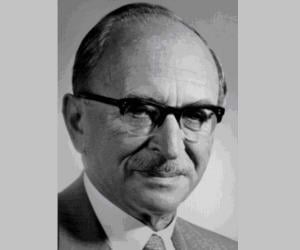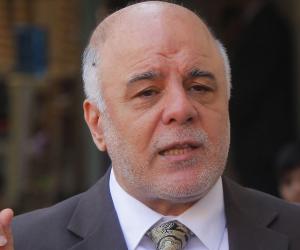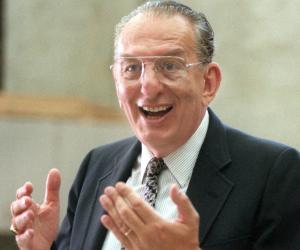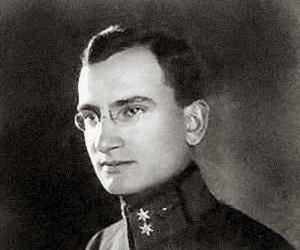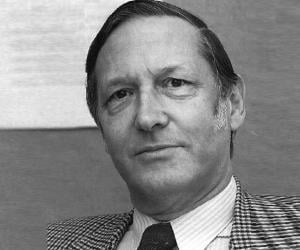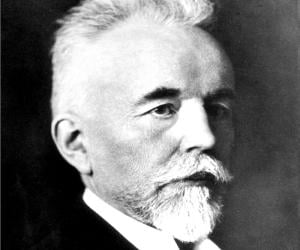Finnish architect Alvar Aalto initially had his studies interrupted by the Finnish Civil War, which saw him fighting for the White Army. His first architectural design was for his parents’ house. He had experimented with furniture and glassware, too. His works showcase a move from classicism to functionalism.
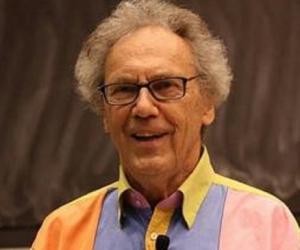
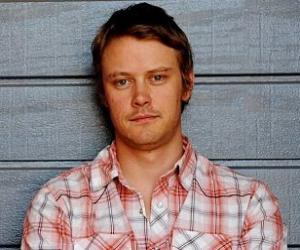
Michael Dorman is a New Zealand actor known for playing NASA astronaut Gordo Stevens in the American science fiction drama, For All Mankind. He is also known for his portrayal of John Tavner in Patriot. Apart from acting, Michael Dorman has also tried his hand at playing the guitar and singing.
A professor of design and architecture, Erno Rubik is the man behind the Rubik’s Cube. The Hungarian inventor himself took a month to solve his Rubik’s Cube puzzle, before marketing it worldwide as a popular game. He later also invented Rubik’s Magic and now promotes problem solving and mathematics.
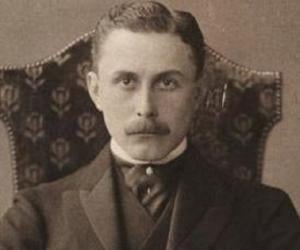
Austrian architect Adolf Loos is often compared to American architect Frank Lloyd Wright in terms of his contribution. Loos believed architecture shouldn’t contain the extra elements and ornaments promoted by Art Nouveau. Mostly known for his residential projects, he built modern buildings such as the Goldman and Salatsch Building.
Physicist Leó Szilárd, one of the "Martians," or eminent scientists who had migrated from Hungary to the U.S., was the first to initiate a controlled nuclear chain reaction and was closely associated with the Manhattan Project, meant to develop the atomic bomb. He later advocated for responsible use of nuclear powers.
Dennis Gabor was a Hungarian-British physicist and electrical engineer best remembered for inventing holography. His invention earned him the prestigious Nobel Prize in Physics in 1971. Gabor won several awards during his lifetime. After his demise, many awards are given in his honor. The Dennis Gabor Award and Gabor Medal are some of the awards that are named after him.
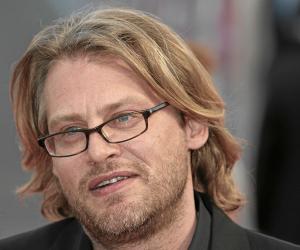
Andrew Dominik is an Australian film director and screenwriter. He is best known for directing the 2000 crime drama film Chopper, which earned him several awards, including AFI Award and Film Critics Circle of Australia Award. Andrew Dominik's 2012 American crime film Killing Them Softly won the Best Screenplay award at the 2012 Stockholm International Film Festival.

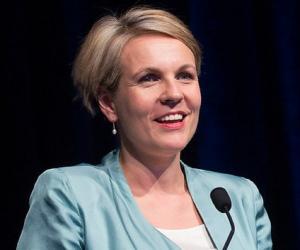
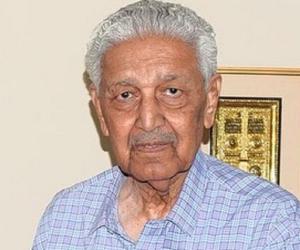
Pakistani engineer Abdul Qadeer Khan was a major figure in the development of his country’s nuclear plans. His research also focused on uranium enrichment. He was later apparently involved in transfer of nuclear technology to Iran, among other countries, but was pardoned by then-president Pervez Musharraf.
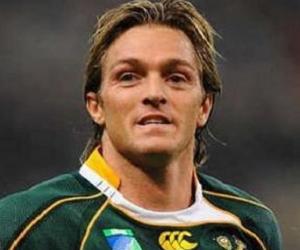
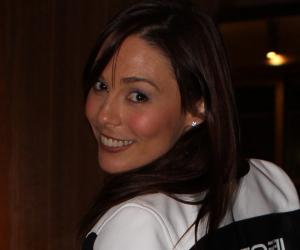
Initially an announcer for Groove FM, Zoe Naylor, she later worked for TV, on shows such as Gladiators and The Footy Show. Equipped with a degree in drama, she later impressed audiences with her performances in films such as The Reef and as Regan McLeod in the series McLeod's Daughters.
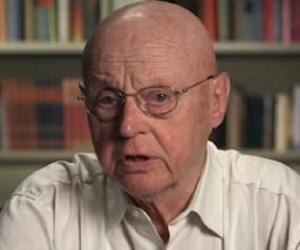
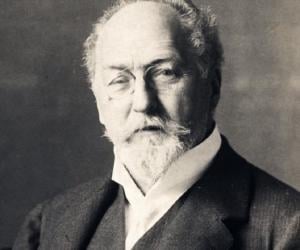
Austrian urban architect and furniture designer Otto Wagner started his career in line with the Neo-Renaissance style but later made pioneering contributions to the modern architectural movement in Europe. A major figure of both the Vienna Secession and the Art Nouveau, he built iconic buildings such as the Postal Savings Bank.
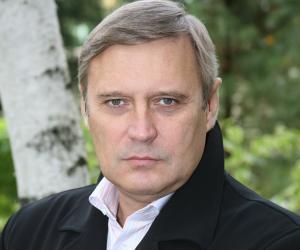
Former Russian prime minister Mikhail Kasyanov was born to a math teacher father and an economist mother. He had been a skilled cellist and had a rock group in his early days. He grew up to be a renowned engineer and economist and also co-founded the opposition group The Other Russia.
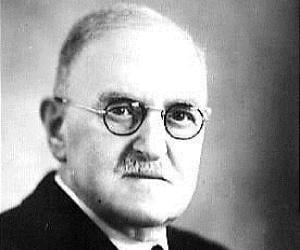
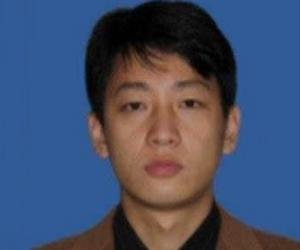
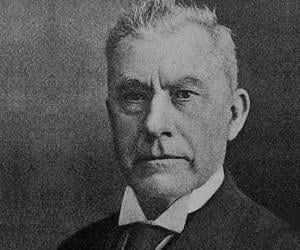
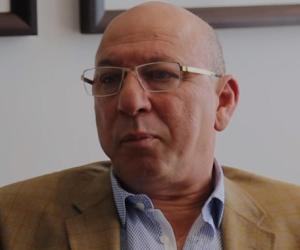
South African politician and African National Congress member Trevor Manuel has been a cabinet minister under the first four South African presidents. A qualified civil engineer, he grew up being tagged as a "Cape Coloured" in the apartheid era. He remains one of the longest-serving finance ministers of the world.
Nobel Prize-winning Hungarian-American chemist George A. Olah, part of the scientists’ group The Martians, is best remembered for his pioneering research on carbocations. He moved to Canada during the revolution of 1956, after which he moved to Massachusetts and to Ohio in the U.S., eventually settling in Los Angeles.
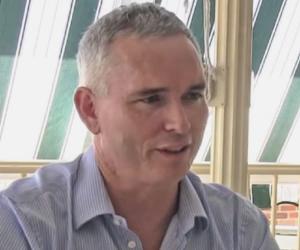
Born into an affluent military family of the Austro-Hungarian Empire, Herman Potočnik became a military engineer. His struggle with tuberculosis made him leave the army, after which he delved into rocket science. His only book, The Problem of Space Travel, contained illustrated descriptions on everything from space capsules to spacesuits.
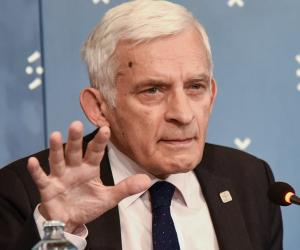
Jerzy Buzek is a Polish politician who served as the Prime Minister of Poland from 31 October 1997 to 19 October 2001. An influential politician, Buzek also served as the President of the European Parliament from 14 July 2009 to 17 January 2012. In 1998 and 2009, political weekly Wprost named Jerzy Buzek Person of the Year for his achievements.
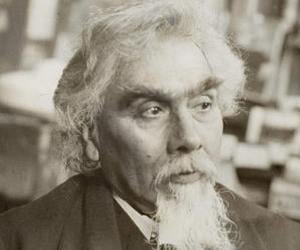
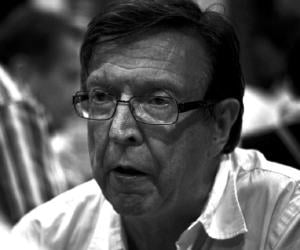
Swedish computer scientist and software engineer, Ivar Jacobson is known for the development of Unified Modelling Language (UML), Rational Unified Process (RUP) and Objectory. Previously he worked for Ericsson and in 2004 founded his current company Ivar Jacobson International. He is also an author who has published numerous books and papers. Additionally, he has also delivered talks at various conferences.
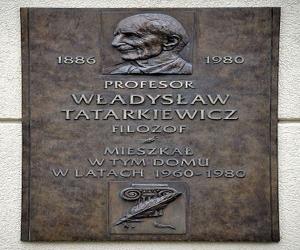
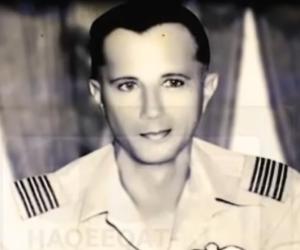
Władysław Turowicz was a Polish-Pakistani aviator, aeronautical engineer, and military scientist. After World War II, Turowicz decided to move to Pakistan due to the political situation in Poland. He then played a major role in building the Pakistan Air Force (PAF); his efforts inspired a 2008 documentary film. Władysław Turowicz remains a highly respected figure in Pakistan.

